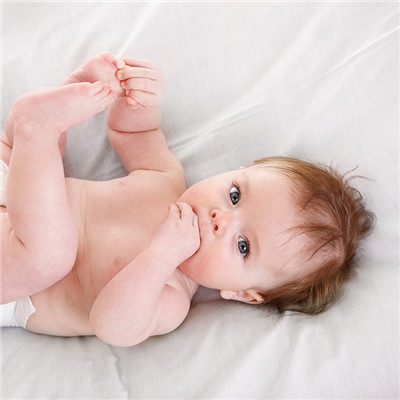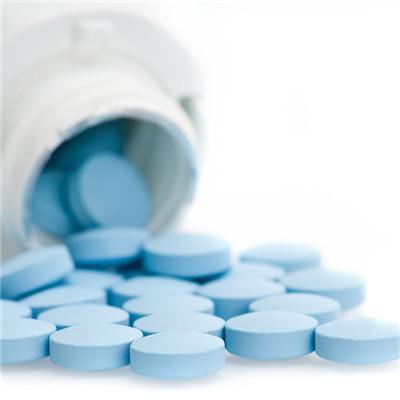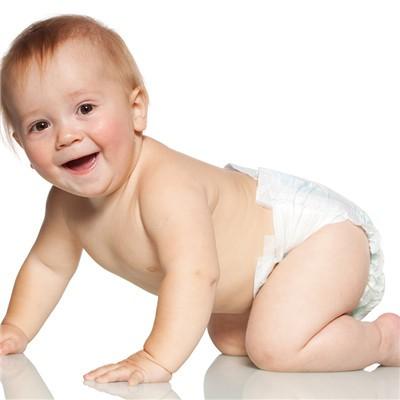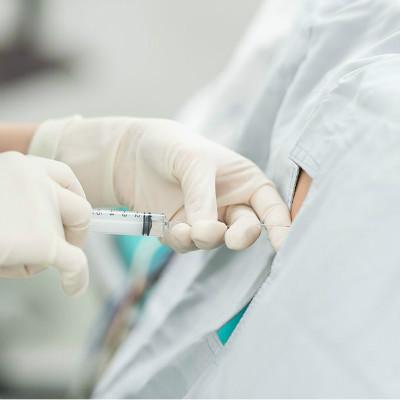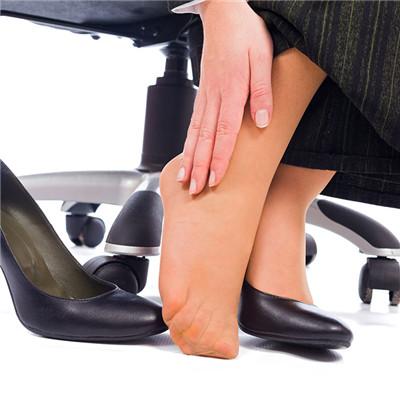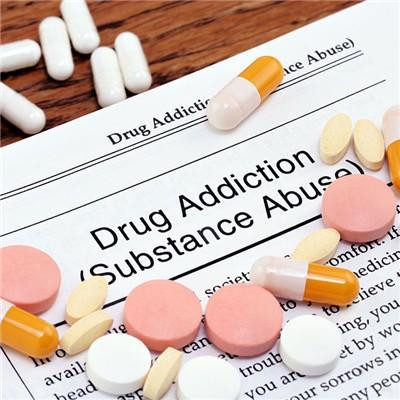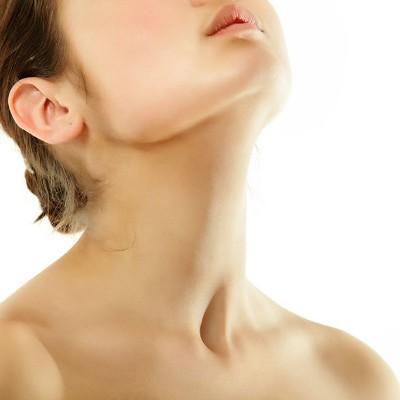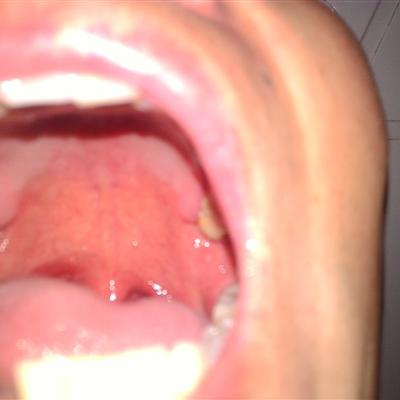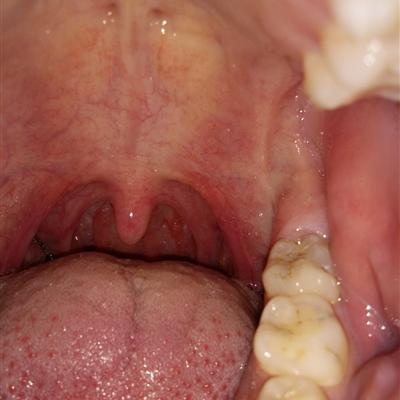Clinical symptoms of gastroptosis?
summary
Gastroptosis is a kind of functional disease, which is mainly caused by long-term bed rest, reduced gastric peristalsis, or long-term bad diet. Long term overeating can lead to gastric deformation, leading to irregular gastric function, short stay time of food in the stomach, difficult absorption of nutrients, and low digestive function, so it is becoming thinner, It can also cause gastroptosis and other visceral ptosis. Clinical symptoms of gastroptosis? Let's talk about it.
Clinical symptoms of gastroptosis?
Constipation: constipation is mostly intractable, the main reason may be due to the transverse colon prolapse at the same time, so that the colon liver curve and spleen curve are acute angle, resulting in slow passage;
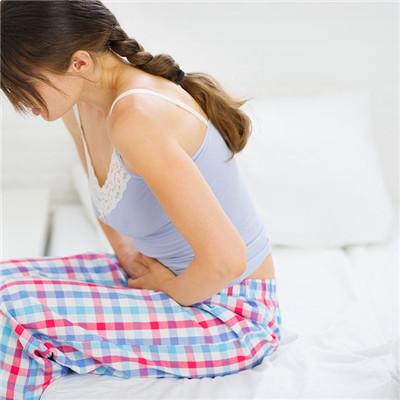
Neuropsychiatric symptoms: due to a variety of symptoms of gastroptosis long-term torture patients, so that their mental burden is too heavy, resulting in insomnia, headache, dizziness, dullness, depression and other neuropsychiatric symptoms. There may also be hypotension, palpitation and standing syncope;
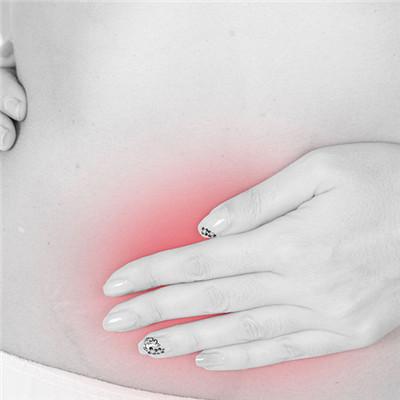
Physical examination: it can be seen that the body is long and thin, and the upper abdominal tenderness point is not fixed due to the change of standing and lying position. Sometimes, the impact palpation method is used, or when the patient rapidly changes the position, the underwater vibration sound can be heard. The upper abdomen is easy to touch the aortic pulsation, often accompanied by signs of hepatoptosis, nephroptosis and colonic ptosis;

matters needing attention
Gastroptosis patients should be given regular and quantitative diet, eat less and eat more. 3-4 meals a day, eat 70-80% full each time, to chew slowly. To control raw and cold food, especially cold water, cold dishes, lettuce, raw food and so on. When cooking soup, add some onion, ginger, cinnamon, fennel, pepper and other seasonings. Patients with gastroptosis are prone to lack of nutrition due to the limitation of intake and food types. So the diet should be rich in protein and easy to digest. Avoid food that is not easy to digest, such as fried and fried meat, bacon, dried fish, sticky cake, leek, etc.


